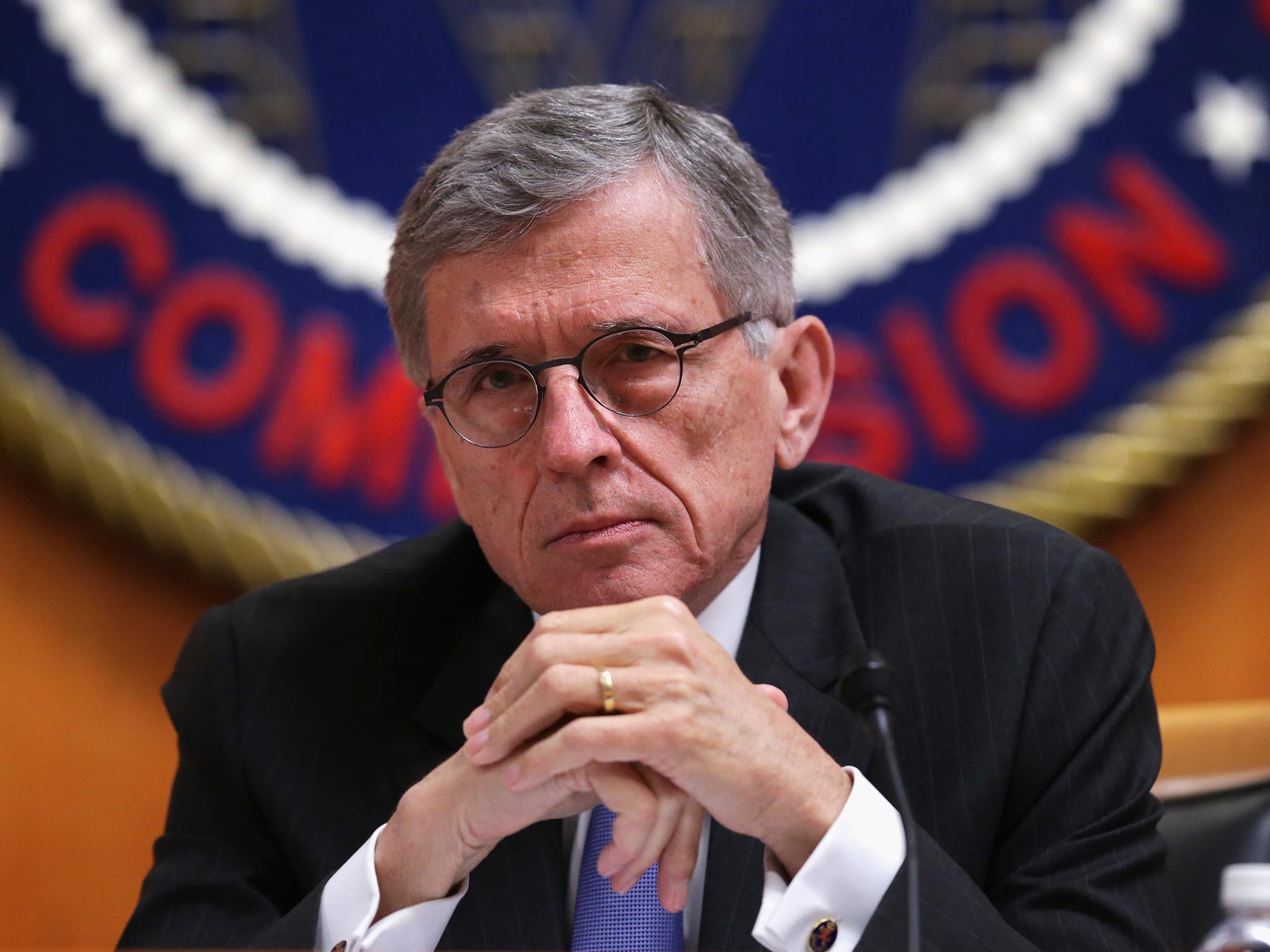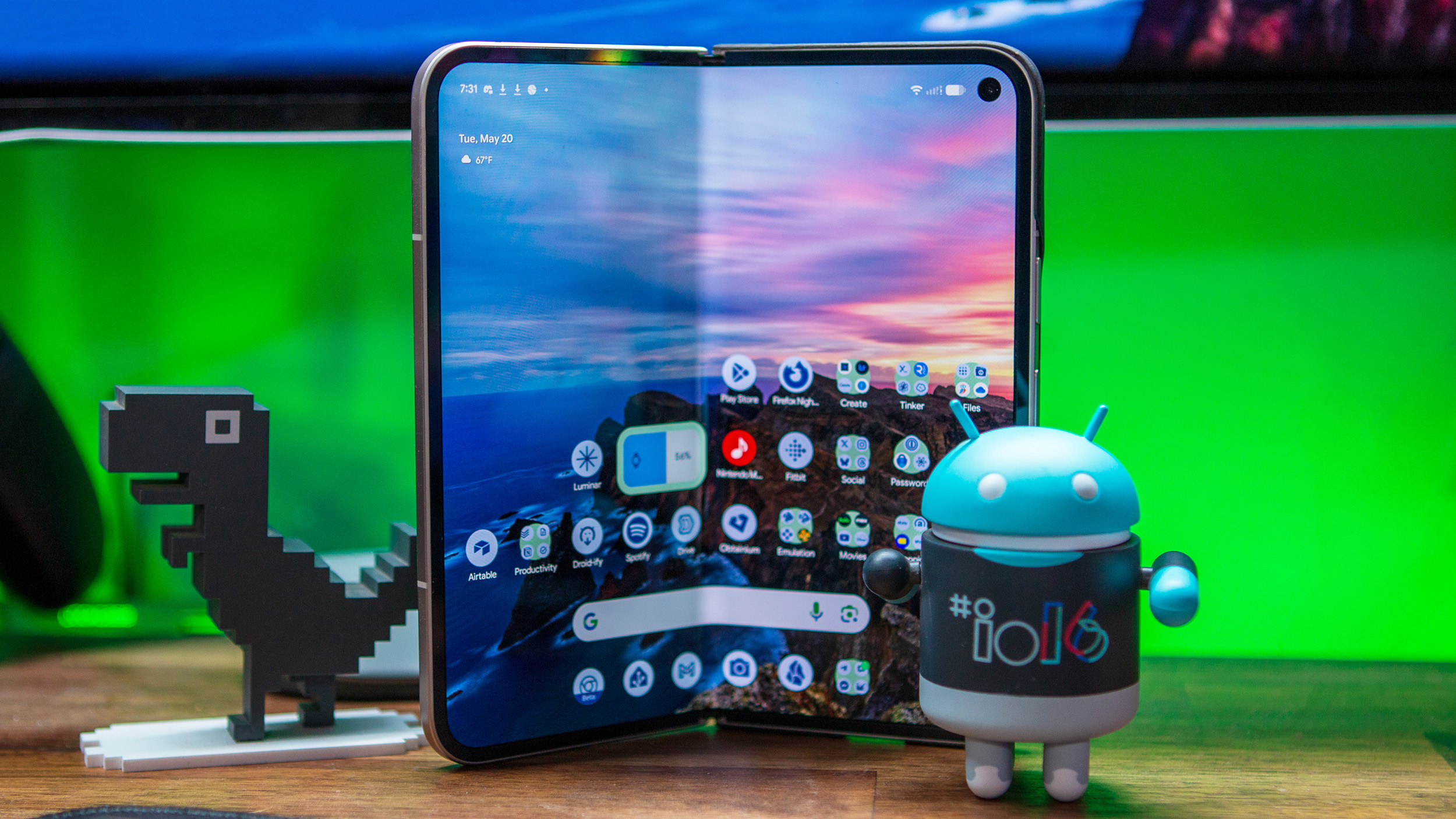It is now mandatory for U.S. carriers to facilitate Real-Time Text for deaf people

In one of his last moves as FCC Chairman, Tom Wheeler and his committee have approved a change mandating the use of Real-Time Text, or RTT, to facilitate communications for the deaf and hard of hearing.
RTT resembles regular two-way text-based communications but, for both expediency and safety, must be conveyed in fractions of a second, similar to expectations with voice-based communications. From Motherboard:
This innovation will facilitate more natural, conversation-friendly communication for deaf and hard of hearing people—without the need for separate, specialized hardware. It will also allow 911 operators to receive incomplete messages during an emergency, potentially saving lives. RTT technology is expected to be interoperable across wireless networks and devices, creating the potential for unprecedented ease of communication between deaf and hearing people.
RTT is important because requires that communication be possible without the legacy "send" button that is common in most texting apps. There are even implications for those without hearing impairments, as the adoption of RTT could alter the way regular SMS texting is conveyed over carriers' networks. Recently, Google has been working with the GSMA and network providers around the world to modernize SMS using the RCS standard which, while not completely real-time, supports typing indicators and read receipts. From the FCC press release (PDF) on the change:
Real-time text enables the full integration of people with disabilities into IP communications networks as they become widely available. It allows consumers using text communications to interact directly with consumers on voice phones, and vice versa. This technology will also be able to function in off-the-shelf devices like common smartphones. This will eliminate the need for consumers with disabilities to purchase expensive and often hard-to-find specialized text devices.
The implications are just as important for customer service, support and business communications as they are for the personal variety, and that existing smartphones can be made to work with RTT is one of its biggest attractions. AT&T spearheaded the campaign to get the FCC to mandate the adoption of RTT, and the move ensures that any integration will be fully backwards compatible with existing TTY solutions.
Get the latest news from Android Central, your trusted companion in the world of Android
Daniel Bader was a former Android Central Editor-in-Chief and Executive Editor for iMore and Windows Central.

